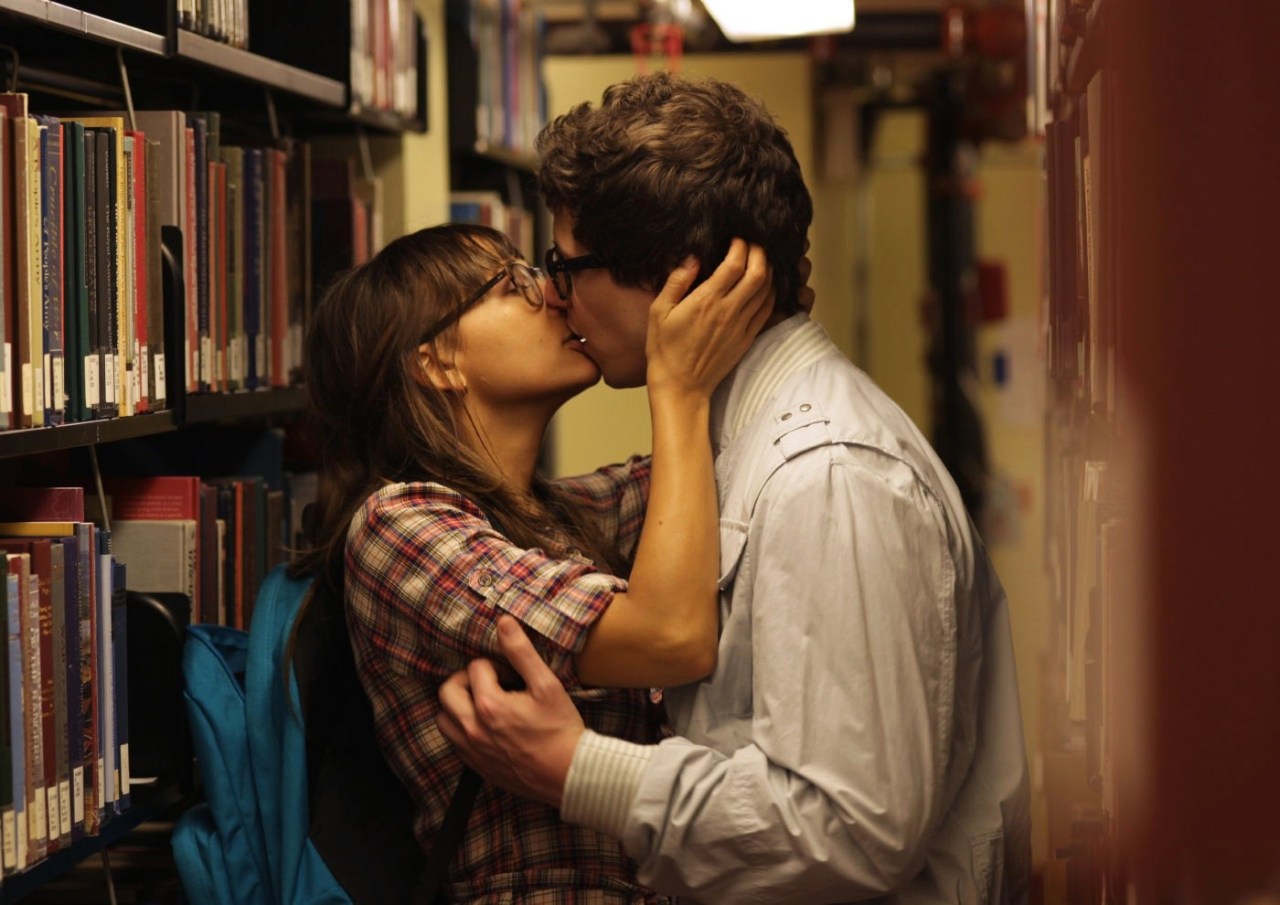
The Biggest Problem With Modern Relationships
The message we take — the message young impressionable girls take — is that happiness can only be found with a partner. Quick! Grab one! Anybody will do!
Modern relationships can be traumatic. Perhaps one of the west’s most widespread miseries.
Of course the highs are wonderful — like floating through the world in an unburstable bubble, a toothy grin stitched to your face. But the bubble bursts, of course. And you crash to the floor, floating no longer. I sound like I’ve just been through a break up, my heart cracked, this just an angry tirade. A denouncement of all those who are happy, a vindication of my singledom. Well it isn’t. You’ll just have to take my word on that.
But the modern relationship — the heterosexual, monogamous, eating in restaurants, and sleeping in on Sundays type — is dysfunctional. Expectation, money, and possession have slipped in their claws, shredding each little tendril of happiness.
We can all construct the ideal relationship in our heads. Inherited from the generation before, Hollywood, and big budget TV shows, three lumbering institutions always slow in their moral progress. Our hearts are tossed around by romantic comedies and our parents’ fondness of marriage, always happy in the end when she gets the man, or he gets the girl. But this premise is poison. The protagonist drifting in an unkind world, hopeless until they are completed in a flurry of kisses and rain as the lights come up.
The message we take from this, the message young impressionable girls take from this, is that happiness can only be found with a partner. Quick! Grab one! Anybody will do!
And in contrast, we associate loneliness with sadness. Joyless and lost. Today this is less of a reference to the spinster — covered in cat hair, back bent double — and more that any isolation is suspect. If you don’t share, socialize, and chatter, there must be something wrong. A neurosis or an upset.
But in fact, the opposite should be true. If you can’t find happiness on your own, if you, who have all day to mull over and resolve your neuroses, can’t deal with yourself — how could anybody else?
Relationships are incredibly fragile, having to accommodate the often conflicting desires of two rather than one. Two people who may not even be conscious of what they desire. How can people come together if they haven’t even tried to work themselves out apart. If thought it impossible to begin with. Neglecting to build some kind of foundation upon which everything else can grow. Choosing instead to throw seeds into sand.
In any case, being alone does not have to be lonely. We prioritize the one, somebody to pour all our hopes and fears into, and in turn neglect friendships. See them as something secondary, a lower order happiness when compared to romance. You see couples who shut themselves off, the married middle aged who slowly slip from their friendship groups into a life of television and wine.
All because we are too scared to open up. We pick one person and pile everything on them rather than being honest with many people at once. It is safer, of course — you are only vulnerable to one. But that one may leave you, probably because they couldn’t deal with the pressure.
Yet cultivated, deep friendships can be so much more genuine than a romance. Our model for them is more natural. Friendships mirror our fluid, transient feelings. They change, grow, and wilt. People drift apart and come together, sliding up and down hierarchies — all very smoothly, no jerks or catastrophic shifts. Rarely a thing said.
“I don’t want to be your friend anymore” sounds childish. And that’s because it is. It presumes friendships switch on and off, one day you are friends, the next you aren’t. Yet bar significant events, which cause significant changes in your feelings, friendships aren’t like this. Feelings change slowly, so the nature of a friendship does too.
Yet we hear “I don’t want to be with you anymore” all of the time. It is exactly what you say when you break up. This is because, unlike friendships, our romances are strictly codified. You are either in or you are out. No drifting, no subconscious adjustments, no manifesting what you actually feel. All of this breeds resentment. If a friend does something you don’t like, you see him a little less. With relationships it is all or nothing — no sliding away and coming back.
Consequently, breaking up is difficult. It represents a final tipping point, innumerable little gripes piled up, the mountain growing ever higher. Gripes you never had the chance to react to, because it was always in or out. On or off. This is why break ups are always so dramatic, why they hollow you out and leave you as a husk. It is like saving a years worth of physical pain and taking it all in a second. It hurts. A lot.
In this way relationships are also dishonest. We act out a farce of infallible love until one day it is suddenly shattered. But there is nothing sudden about it. Feelings shift and change all the time, we are just forced into this binary state by our flawed model. Our wild expectations, stoked by movies and myth. Why can’t we just fall out of love with each other a little? Why can’t we be given the room to act exactly as we feel?
Monogamy can be part of the problem. Of course sexual possessiveness is natural — a hangover from the times when men were to be secured by women, to protect and provide, for wife and child. But evolutionary developments are good for the survival of the species, not for individual happiness. And how can anybody not feel chained if they have to make such a compromise and then are made to feel guilty for even considering it a compromise in the first place. At some point in a relationship, everybody has desired somebody else. Why do we turn sex and love into synonyms? Why, when there are so many people in the world, are we trained to be so singular?
And then there is money, rearing its big ugly head. At least when dating many of us still fall prey to the sex script of man pays, woman receives. Progressive discourse pretends this is a relic but it happens, everywhere. This is because we love it. Both of the sexes. Women get drinks and dinners, men get to stoke their urge to provide, harnessing money’s second rate respect.
Yet it is unhealthy. In this way women price themselves up. Men talk of buying her dinner and not getting anything, as if she were a fish at market. Women feel obliged, after a certain time, to let him have something. As if her price has been paid, she being the keeper of sex, the guard of the erotic. What a way to ruin sex for women! What a way to reinforce the view in men’s eyes of women as meat, to be bought and tossed around.
But there isn’t a solution. Not just one anyhow. We are all different and every relationship should reflect that. Our desires dance around, moving from one thing to the next. We just need to make sure we dance with them, always keeping time, always in step. ![]()











